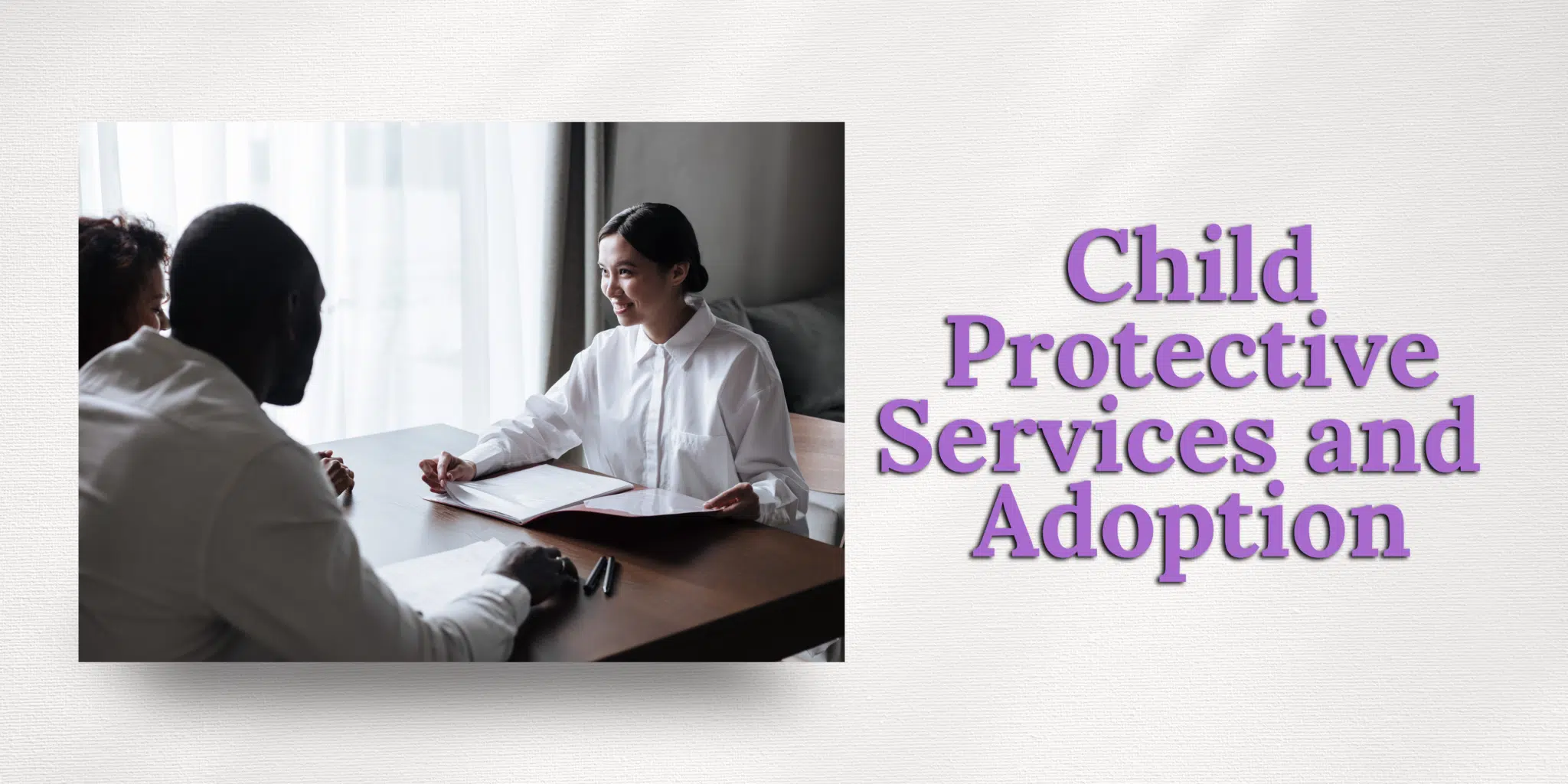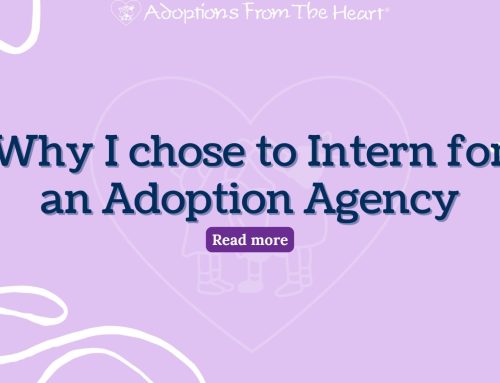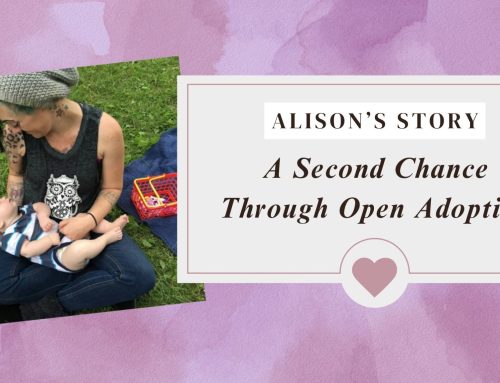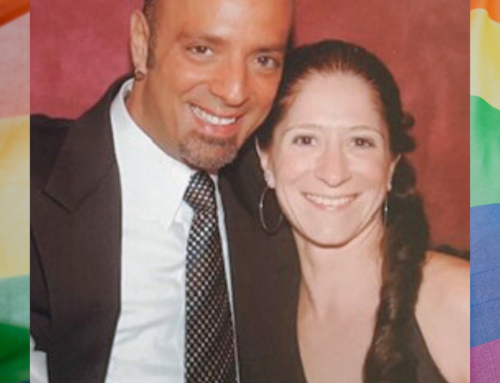
This article was written by Christopher Peszka, MSW/LSW, AFTH’s District Supervisor.
There are occasions when private licensed adoption agencies and public child protection service (CPS) agencies are both involved in working with expectant and birth parents who are considering adoption. There could be several reasons for both private and public agency involvement. Some expecting and birth parents may already have an “open case” with a child protection service agency with their child or children. This involvement could range from receiving supportive in-home services, referrals to needed resources, or that the expectant or birth parents already have children placed in foster care. In cases when expectant or birth parents have CPS involvement, those expectant and birth parents still have the right to make a voluntary plan of adoption for an unborn child, or a child or children in their custody, even if another child or children have already been placed in foster care.
In other cases, when a woman has delivered a baby in a hospital, and that child is “substance- affected” the hospital may contact a CPS agency to inform them of this situation. Many hospitals have policies that are guided by The Child Abuse and Prevention Act (CAPTA) a federal regulation that requires states to create laws that mandate certain professionals to report suspected abuse and neglect to a CPS agency. Though not direct evidence of abuse, most hospital social workers report substance-affected infants to a CPS agency. In those instances, the CPS agency will investigate to determine if child abuse or neglect exists and will respond accordingly based on the results of their investigation. If the birth parent or parents are considering a voluntary plan of adoption, they have the ability to contact a private licensed adoption agency to discuss and review their options, even while a CPS agency conducts an investigation. If they chose a voluntary plan of adoption, they have a right to do so, and their child does not need to be placed in foster care. Open adoption allows birth parents to select the adoptive family for their child and have ongoing contact with their child through an open relationship with the adoptive parents.
In cases where both a private adoption agency and a CPS agency are involved it is vital that both agencies work collaboratively. Communicating effectively and exchanging information, while maintaining privacy and confidentiality, is extremely important. Interagency cooperation and teamwork are essential in achieving the same goal of both organizations, which is the best interest of the child.




